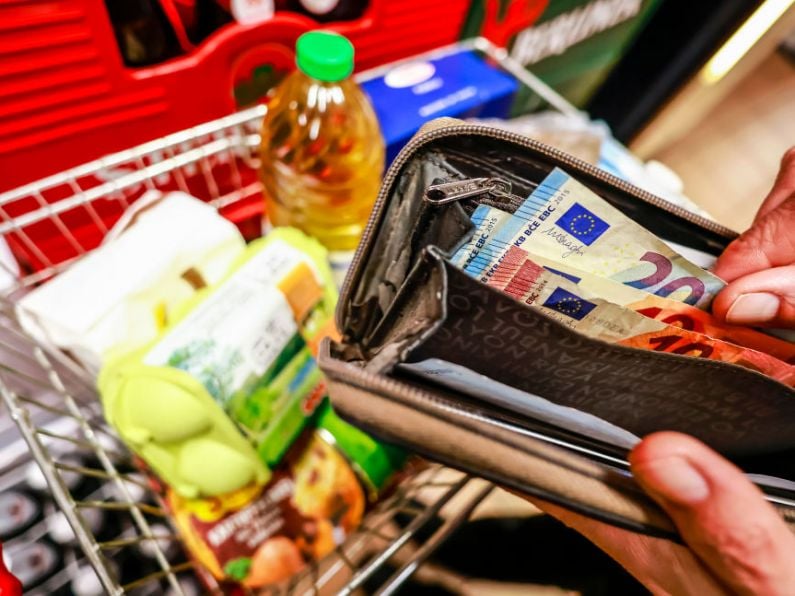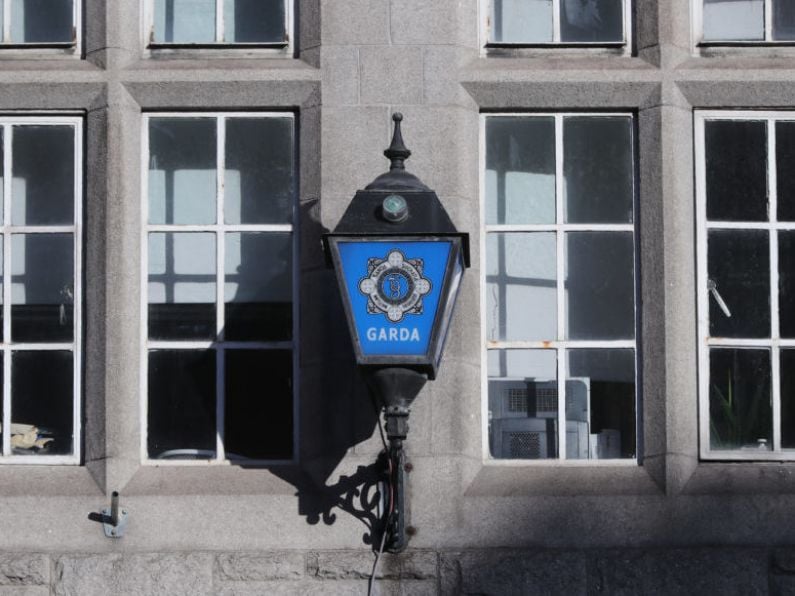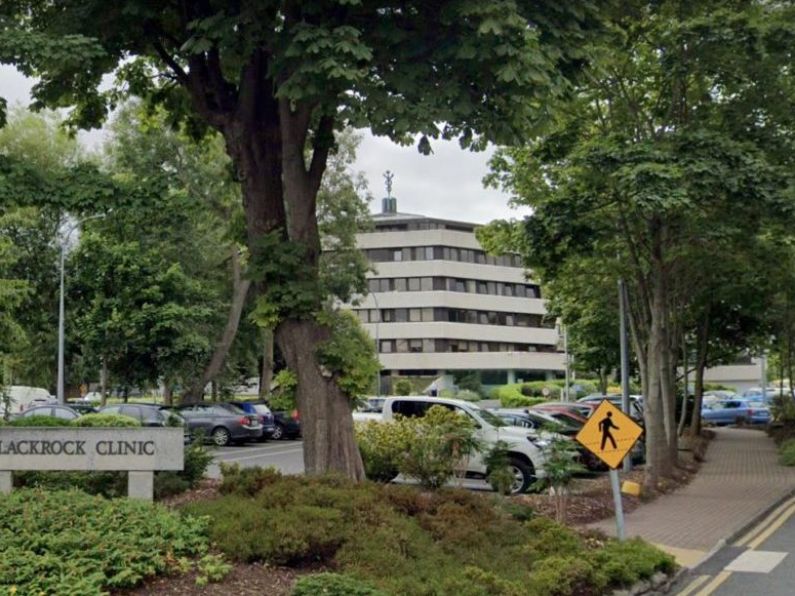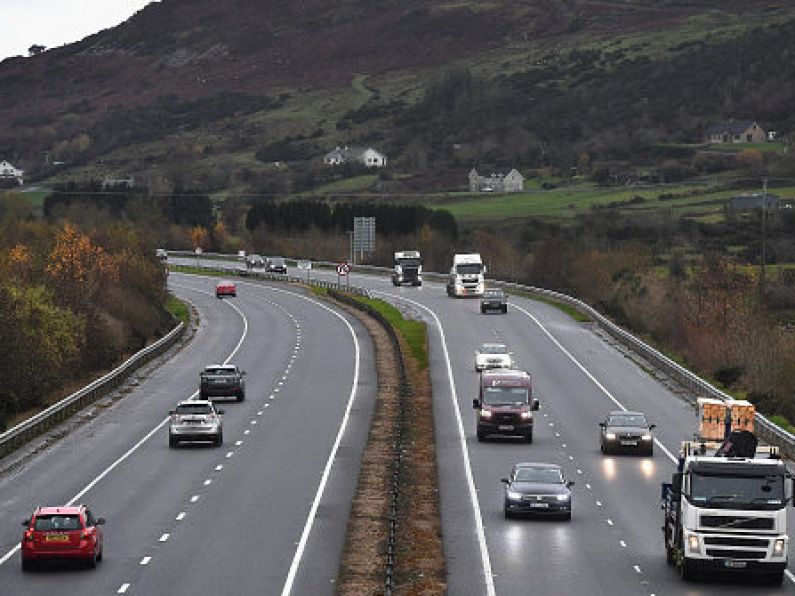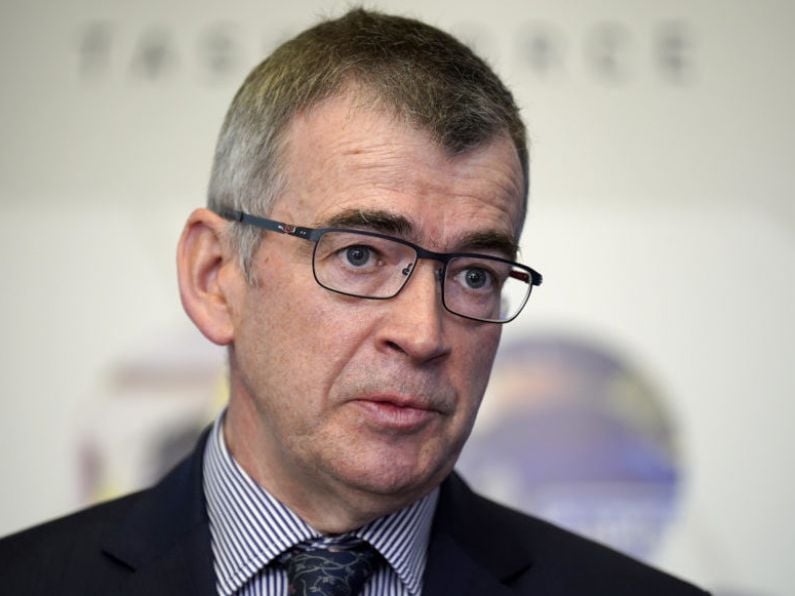Kenneth Fox
The Social Democrats are calling on the government to introduce a mini budget following the publication of figures which show inflation at a 38-year high.
The party says the historic inflation rate coupled with the announcement that interest rates are on the way up in the coming weeks will compound the financial difficulties already facing many families.
Co-leader of the Party Roisin Shortall said the government need to establish an emergency fund to help those most at risk.
She said: "What is desperately needed now is an emergency fund because there are people who are going to go under as a result of these price hikes and inflation."
It comes as figures from the Central Statistics Office shows Consumer Price Index (CPI) inflation accelerated to 7.8 per cent in May. That is up from 7.0 per cent in April.
The pick-up in CPI inflation reflected sharp electricity (10.3 per cent) and natural gas (7 per cent) price rises implemented in May by energy companies.
However, there were also substantial rises in food (0.7 per cent) and clothing (1.7 per cent) in May, while CPI inflation excluding energy was weaker at 4.7 per cent. Ireland’s HICP inflation rate was 8.3 per cent in May, slightly above the flash euro area reading of 8.1 per cent.
In terms of the private rents index, the most timely measure of residential rent inflation, it rose by 1.6 per cent in May, up 11.2 per cent on the year and is now already 10.5 per cent higher than the pre-pandemic Q4 2019 level.
The CPI private rents index is also consistent with alternative Daft data, indicating rents were up 12.6 per cent in the year to April.
The clear message is that demand for rental property has surged since the end of the pandemic but without additional supply.
Meanwhile, the CSO also published new data yesterday showing the Irish household savings rate rose to 19.1 per cent in Q1 2022, up from 15.8 per cent in Q4 2021.
It shows consumer spending early in 2022 was depressed by Omicron-related restrictions, which were lifted in January, but also that Irish households’ savings are high by international standards.
Consumer spending is expected to bounce back in Q2 2022 after a 0.7 per cent fall in Q1 2022 to above pre-pandemic levels.
